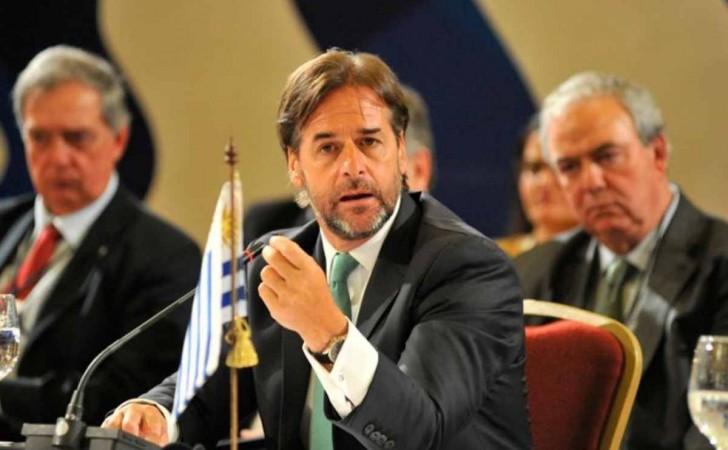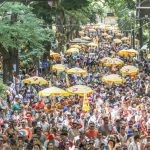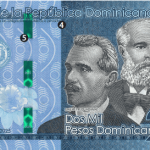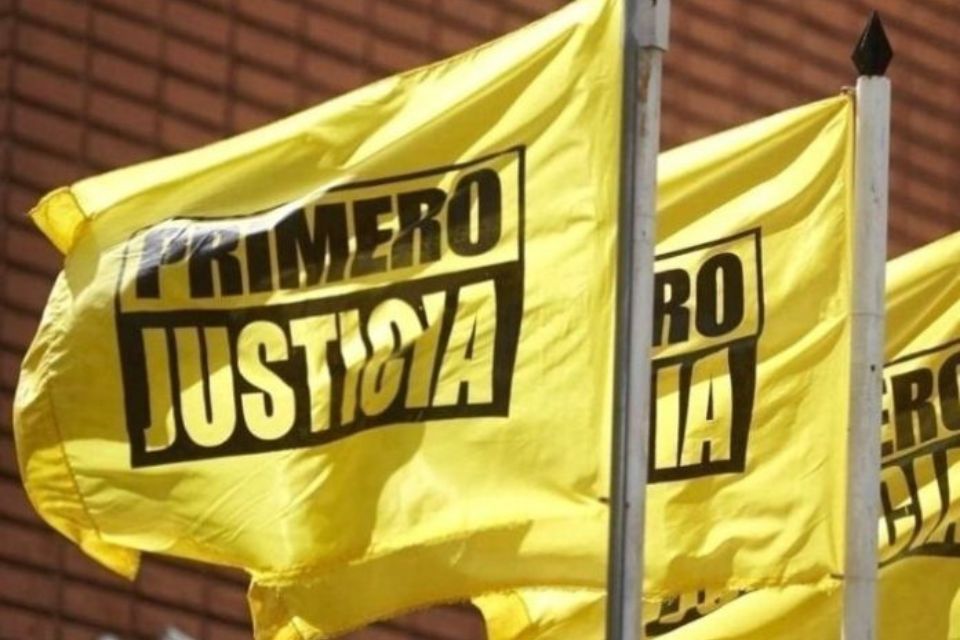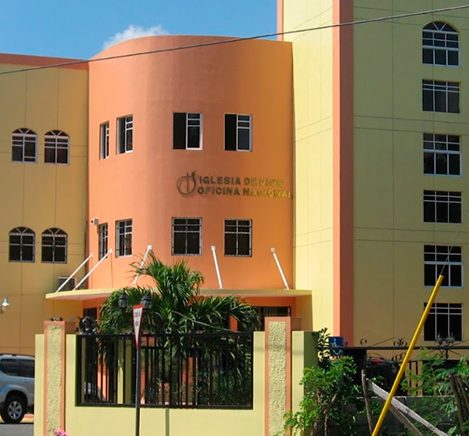
The President of Uruguay, Luis Lacalle Poucriticized as “fraud” the ruling of the Venezuelan Supreme Court that ratified the victory of Nicolas Maduro in the elections. Uruguayan Foreign Minister Omar Paganini also spoke out, pointing out irregularities and a lack of transparency in the process.
Lacalle Pou said that “the Maduro regime confirms what the international community has been denouncing: fraud.” He reiterated the importance of defending democracy in Venezuela and not remaining silent in the face of the actions of the Maduro government, through statements on his X account.
Paganini in tune with Lacalle Pou on Venezuela
Before the presidential statement, Omar Paganini said that “the regime was unable to prove that it had the votes and did not show the minutes that the international community demanded.”
The TSJ made the election results, considered fraudulent by critics, official through Caryslia Rodríguez, president of the court. Her statement on the validity of the results was insufficient to silence international critics who accuse the TSJ of a lack of independence.
Paganini told EFE that he was concerned about the Venezuelan regime’s failure to comply with international requests to verify the data in the records. This situation reflects the ongoing tension between the Venezuelan government and the international community.
Foreign ministers from the region are in talks to agree on a joint declaration on the situation in Venezuela. They will seek to express a clear position on the TSJ resolution and address the challenges of supporting a democratic solution in the South American country.
Regional leaders have failed to reach unanimous consensus on Venezuela, adding complexity to diplomatic relationsThe different interests of governments in the region represent an obstacle to a unified response to the Venezuelan political scenario.
The international crossroads persist as the next steps are being defined in light of the electoral results in Venezuela. This challenge requires balancing political intervention, respect for sovereignty and promoting transparency and democracy in future elections.
